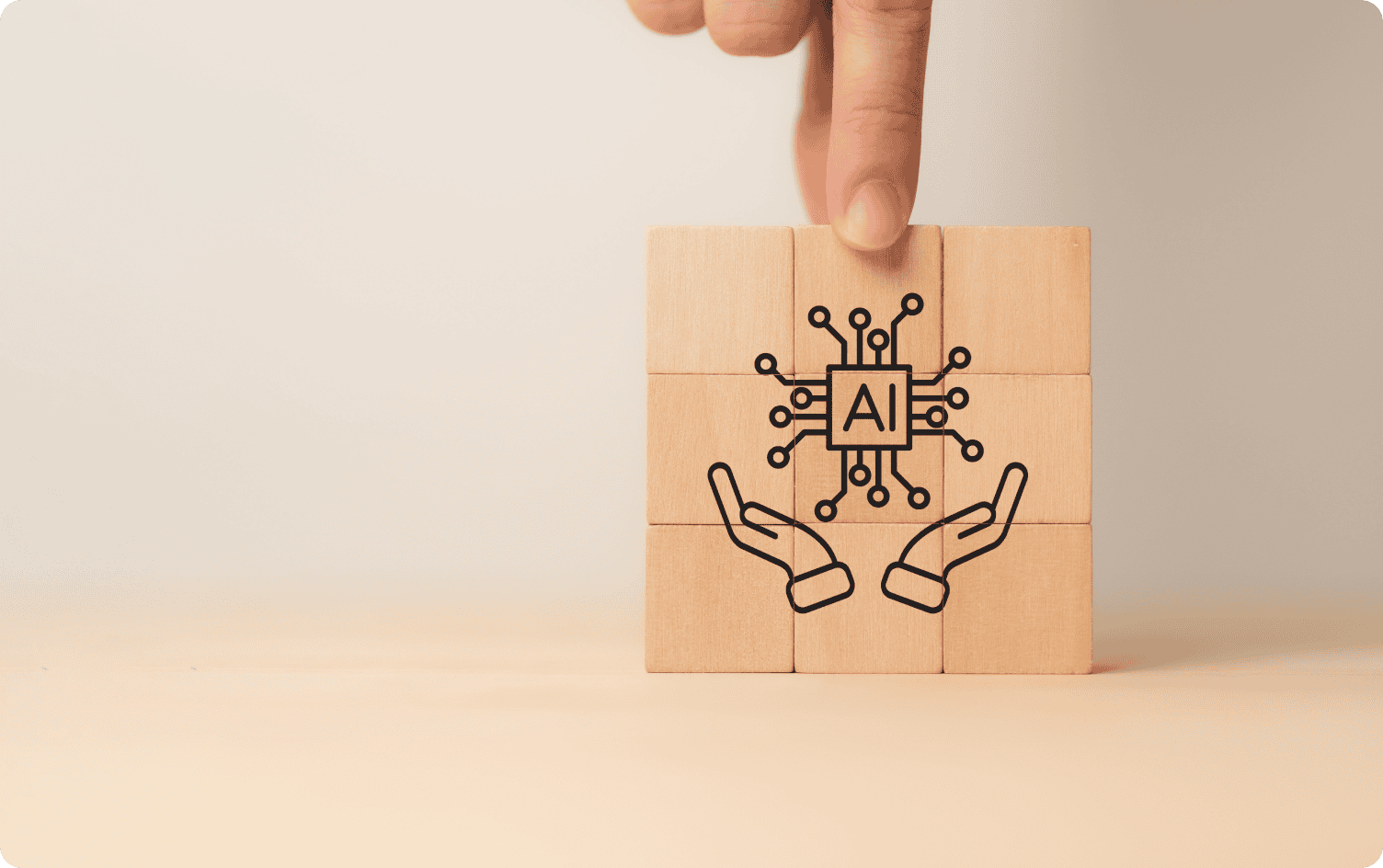
AI Interviewing: The Future of Hiring?
Explore how AI is being used in interviewing and understand the potential impacts on recruiting.

The growing use of Artificial Intelligence (AI) across various industries is changing how we live and work. In some domains, such as recruitment, AI has the potential to produce significant benefits but also risks serious harm, which has led to significant regulatory attention to the use of AI in recruiting, and the designation of recruiting and HR as high-risk areas when using AI.
Specific applications, such as using AI in recruiting, are currently being examined by lawmakers for regulation. This regulatory action is driven by the belief that while AI can produce great benefits for both individual job seekers and recruiting organizations, it also poses significant social risks. These AI hiring risks can include exaggerating existing social inequities and creating new barriers that could unjustly prevent some individuals or groups from succeeding in specific job competitions or broad employment categories.
Ethical AI is reflective of our human values. It’s not necessarily that an AI system itself is something we would deem ethical or capable of making ethical decisions- more so that we’ve embedded our values into that system.
Olivia Gambelin
AI Ethicist & CEO of Ethical IntelligenceThe term "ethical AI" is becoming more widely used every day and in a variety of contexts. Its popular use may be inspired by science fiction writers like Isaac Asimov, who used it to refer to the ‘good guy’ robots whose behavior was generally beneficial to the human characters. Recently, it has also become a common marketing buzzword, aiming to dispel potential skepticism and present AI tools in a net positive light. The common thread in both contexts is the expectation that these AI systems aim to reflect and operate under the guidelines of widely accepted values.
Ethical AI systems are created with an ethos or purposeful intention. They go beyond legal compliance and actively reflect and respond to the important human values relevant to the specific domains where AI is used. These systems are generally understood to create positive social benefits aligned with these values. While the specific application of these values vary, they typically include:

AI systems should be predictable in their operations, allowing users to anticipate how they might behave in different situations. Transparency is crucial, meaning that the processes and decisions made by AI are understandable and can be explained. This enables trust and facilitates oversight.
There must be clear lines of accountability for ethical AI systems. This means identifying who is responsible for the outcomes produced by the AI, including any failures, impacts, or ethical breaches. Accountability also ensures that there is a plan and a corrective mechanism in the event of need. This can help build trust in AI systems.
AI should operate without bias, ensuring fairness in all decisions, and giving every candidate an equal opportunity to be judged on the merit of their response. This involves designing systems that do not discriminate against any group, intentionally or unintentionally. Fairness also means actively addressing and mitigating any existing biases in data or algorithms that could perpetuate discriminatory outcomes.
Safety and security are foundational to ethical AI. Systems should be robust against attacks and errors that could lead to harm. Ensuring privacy means AI systems must protect personal data, complying with data protection regulations and principles. This value encompasses the need to build AI that respects user confidentiality and integrity, preventing unauthorized data access, use, or leakage.

Ethical considerations are crucial because they ensure that the development and deployment of AI systems create benefits for society as a whole, not to greatly empower specific individuals, while minimizing the potential harms and adverse impacts. By adhering to ethical principles, AI systems can promote trust, fairness, and accountability, which are essential for their acceptance and integration into various aspects of daily life.
Ethical AI helps to prevent the amplification of existing social inequalities and mitigates the risk of introducing additional biases and unfair practices. It is also vital for those using AI tools in their business practices to ensure they are aligned with public opinion and the regulatory intentions to protect human rights.
..we must approach AI with cautious optimism, harnessing its potential for good while acknowledging and mitigating its inherent risks.
While there is sometimes a public assumption that AI tools are tested, and ethical considerations made prior to deployment, this isn’t always the case. Not all AI tools are vetted to be ethical. The vetting process requires rigorous testing and evaluation to ensure that AI systems operate transparently, fairly, and within the bounds of ethical guidelines.
Many AI tools still operate as "black-box" systems with opaque decision-making processes, leading to potential issues with bias, fairness, and accountability. To address these concerns, it is essential to engage in continuous validation and testing, involve diverse stakeholder groups, and actively participate in advocacy and human-rights conversations. This ensures that AI tools are not only legally compliant but also align with widely accepted human values and societal expectations.

Ethical AI and responsible AI are closely related concepts but are generally understood to have distinct focuses and implications. Ethical AI tends to relate to the focus on the design and maintenance of an AI system or tool, ensuring that its outputs reflect essential human values. Responsible AI generally relates to including the external impacts related to the use of an AI system or tool. There is an emphasis on outcome accountability, governance, and its broader impact on society. This includes adherence to legal standards and promoting positive social outcomes.
An AI system or tool that satisfies an ethical framework by being reflective of essential human values throughout its lifecycle, from conception to ongoing use. The development should involve integrating principles like transparency, fairness, accountability, and privacy. The implementation and ongoing use requires ethical data practices, continuous monitoring and auditing, human oversight, and clear governance and accountability frameworks.
Ensuring AI is ethical is a collective responsibility involving developers and engineers, organizations and companies, regulatory bodies, researchers and academics, end-users, and civil society. Each group must contribute by adhering to ethical principles, establishing guidelines, enforcing regulations, advancing understanding, using AI responsibly, and advocating for accountability.
Modernize your hiring process with expert insights and advice.